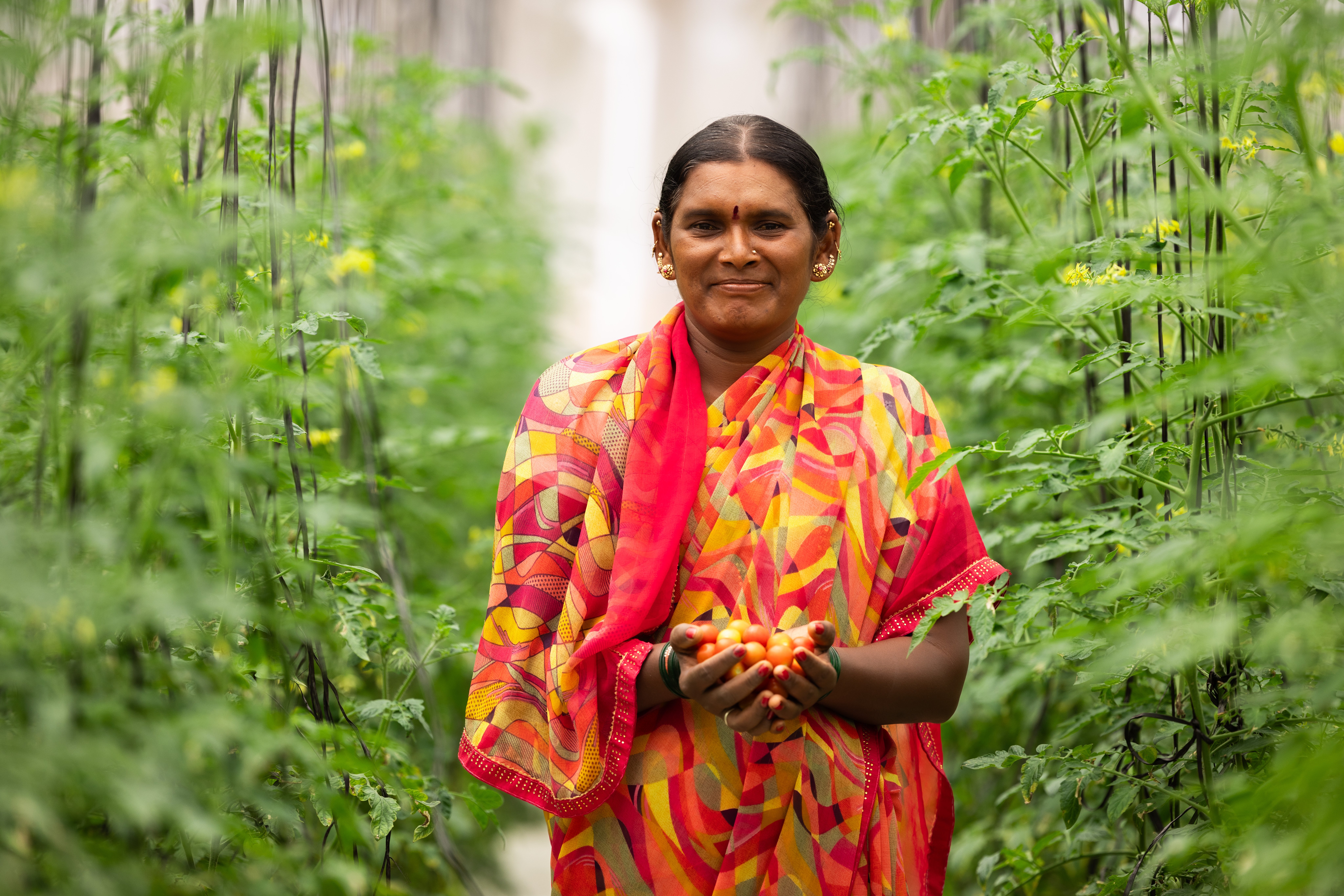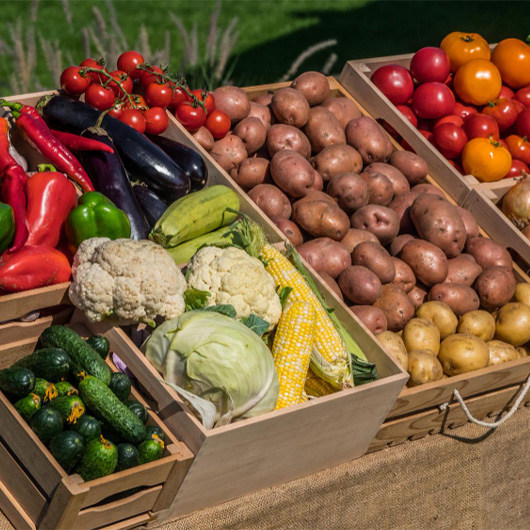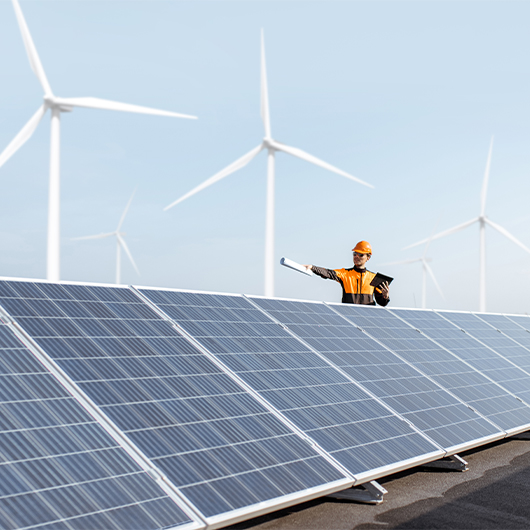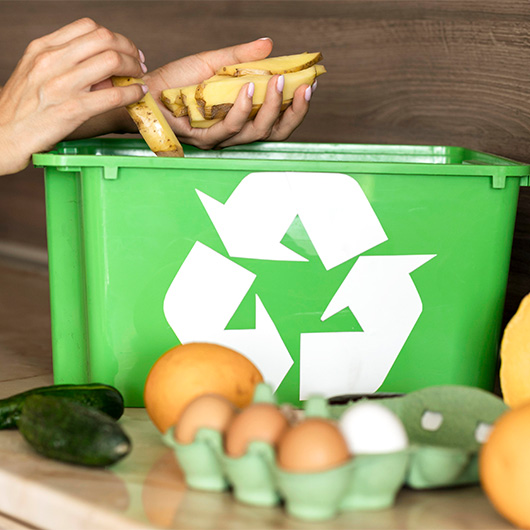Our Planet, Our Responsibility

Our dedication to the planet is reflected in our proactive approach to sustainability. We are committed to minimizing our environmental footprint through mindful practices and responsible choices. By embracing innovative solutions and championing sustainable habits, we aim to use natural resources, minimise waste, and contribute to a healthier, more resilient planet for future generations.

Climate Ambition
Sodexo aims for Net Zero by 2040, setting a new benchmark in the fight against climate change. Through promoting healthy, sustainable food choices and plant-based expertise, we strive to lead globally in sustainable food and valued experiences. We aim to realise this goal by actively involving all our stakeholders — employees, clients, consumers, suppliers, and partners.

Responsible Sourcing
We carefully source our ingredients and partner with farmers who share our commitment to sustainability. By prioritising transparency and traceability, we make sure you can trust the quality and origin of the food we provide. Our approach not only helps reduce our carbon footprint but also supports local communities, contributing to a healthier planet.

Sustainable Eating
By partnering with nutritionists and chefs, we guide our consumers towards healthy habits and lifestyles with minimal environmental impact. We emphasise plant-based meals, support overall well-being, source responsibly, and work to prevent food waste. These efforts are crucial to achieving our goal of reducing carbon emissions by 34% by 2025.

Resource Management
We focus on both energy and water conservation to minimise our environmental footprint, working towards a more sustainable future. Our commitment to innovative energy management includes deploying renewable energy sources and energy-efficient technologies, reducing consumption across our facilities, and investing in smart kitchens that optimise resource use thereby contributing to significant cost savings and reduction of carbon emissions. We also focus on minimizing water usage, maximizing recycling, and reusing water across our operations. Our initiatives include rainwater harvesting and water-sensitisation programs to promote conservation. Through these actions, we aim to protect this vital resource while enhancing operational efficiency and supporting our commitment to a sustainable future.

Energy Management
Energy is a significant part of our efforts, where we incorporate numerous infrastructure and technological adjustments to ensure that carbon footprints and energy costs for our clients are reduced over time. We enhance our operations to reduce energy consumption by training site managers in the latest energy-saving techniques and increasing awareness among our clients. Our commitment includes using renewable electricity for all direct operations. Additionally, we aim to support our clients in adopting sustainable practices through tailored energy management solutions.

Watching your Waste
As leaders in the food industry, we feel we are responsible for managing food waste. Through the implementation of the WasteWatch program, – our onsite food waste tracking and monitoring solution, we constantly aim to eliminate food waste across the value chain. We strive to lower the waste generated at the source, thereby reducing carbon emissions. The resultant outcome is: that the site kitchens are engaged operationally and behaviourally to adopt changes that are necessary for effective production planning and subsequent food waste management.